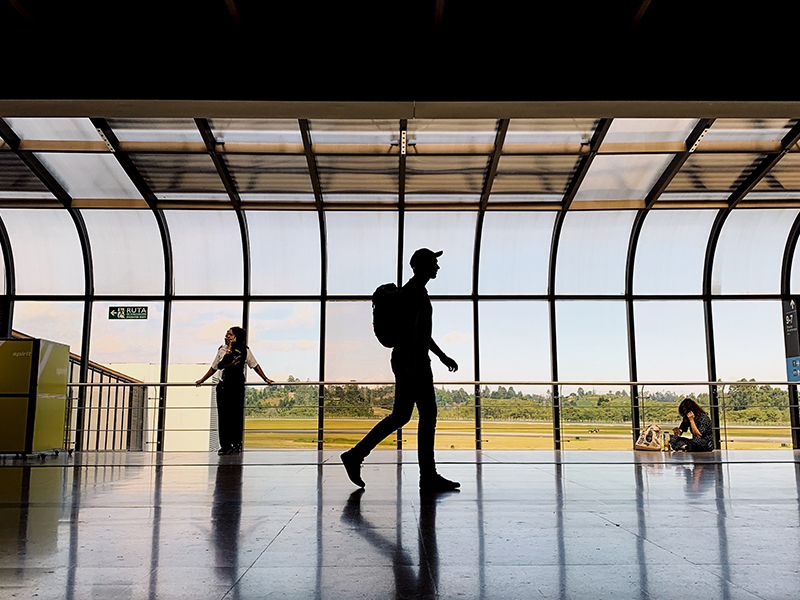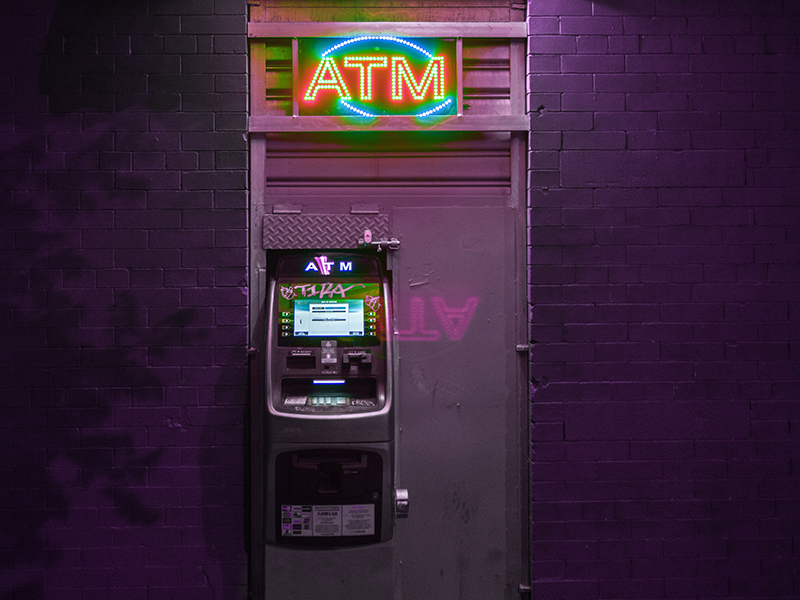
The growing ‘gig economy’ promotes working on a casual basis, shifting away from permanent employees to freelancers.
It’s a flexible scenario: employers tap into resources when they need them, and freelancers can work without being tied to one desk.
But beyond the office, is the gig economy making it easier for freelancers to work abroad?
Benefits on both sides
For companies, the gig economy allows them to outsource work to freelancers as it comes in. This new model of working gives businesses access to a much larger talent pool that can be adapted and cherry-picked with each new project.
As a freelancer, it’s a way to take your workspace out of a static environment. While you’ll need to be comfortable without some of the benefits of permanent employment, you could gain massively in terms of flexibility. For example, the opportunity to work from wherever you want.


Money management
A major part of being a freelancer is staying on top of your finances. Without an HR department to take care of your payroll, the responsibility for keeping track of your income and tax obligations falls to you.
With a Skrill digital wallet, you can send and receive payments from anywhere in the world. All you need to send money to someone is their Skrill email address and the funds arrive instantly.
After you receive money to your Skrill wallet, you can spend it online or in stores using the Skrill Prepaid Mastercard.
Tech is always evolving
Thanks to technology, the confines of the workplace have been swept away. As a result of this and the move towards a freelance gig economy, working from abroad is more viable than ever.
You don’t need to be in the same room anymore to communicate face-to-face. With many ways to meet online using video and audio connections, it’s easy to meet remotely.
Skype has been around for years, but soon companies will be able to replicate meeting rooms and conferences using virtual reality (VR). This will enable people to meet in a digital space that makes it feel like you’re there in person.
Along with the rise of communications technology, we’ve seen the rapid advancement of high-powered but lightweight devices. With mobile devices now as powerful as most computers, we’re at a point where a single device functions as your portable, freelance-friendly office.
Collaboration
Various online tools create shared workspaces, where people can work on the same documents despite being located all over the world.
Task management software also allow teams to work in the same way as they would if together on site.


Out of office
One of the main features of the gig economy is that your office is wherever you are.
Yes, that could be on a sunny beach in the Caribbean. But equally, it could be a coffee shop, a shared working space, a park or anywhere else you choose.
As long as you’re able to deliver to deadlines, working remotely isn’t limited to a specific location.
The cost of living is cheaper
Another benefit of being able to work wherever you want is that the cost of living could well be cheaper.
If you’re wedded to the idea of working in San Francisco, New York, or London then this benefit might not come through so clearly. Still: if you’re freelancing remotely, you can move to where prices are cheap.
The gig economy makes it possible to take on more or less work as needed. If you want to live in an expensive location, you can pick up more work. If you’re living in a country that’s cheaper, you might get back more free time.


Managing your own time
Finally, being self-employed allows you to manage your own time.
As a freelancer, you get to select the projects you work on and when. To some extent, this frees you from work you don’t enjoy and means you’ve got more choice over how you spend your time.
You’ll always have the responsibility to make sure your projects and finances are in a good place, but with the gig economy and remote working comes a great deal of freedom.
Are you keen to plan a new life in another country? Check out our to-do list for budding expats to help you prepare.


